Thelma Ritter. TCM Overview.




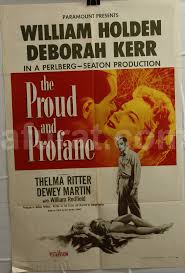

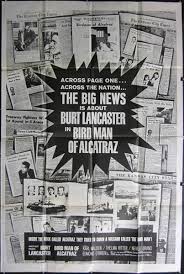




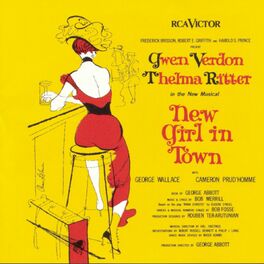





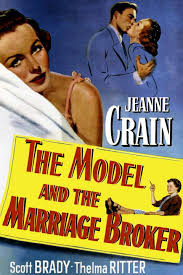


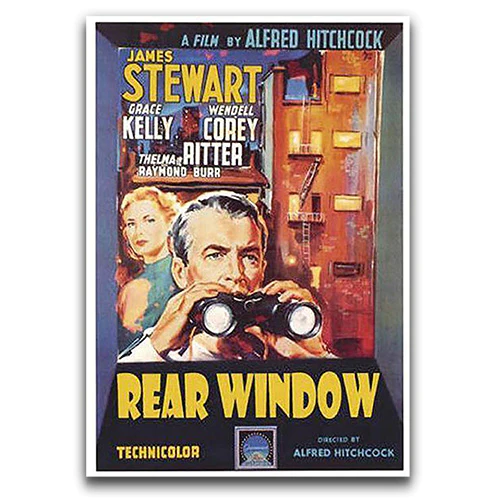

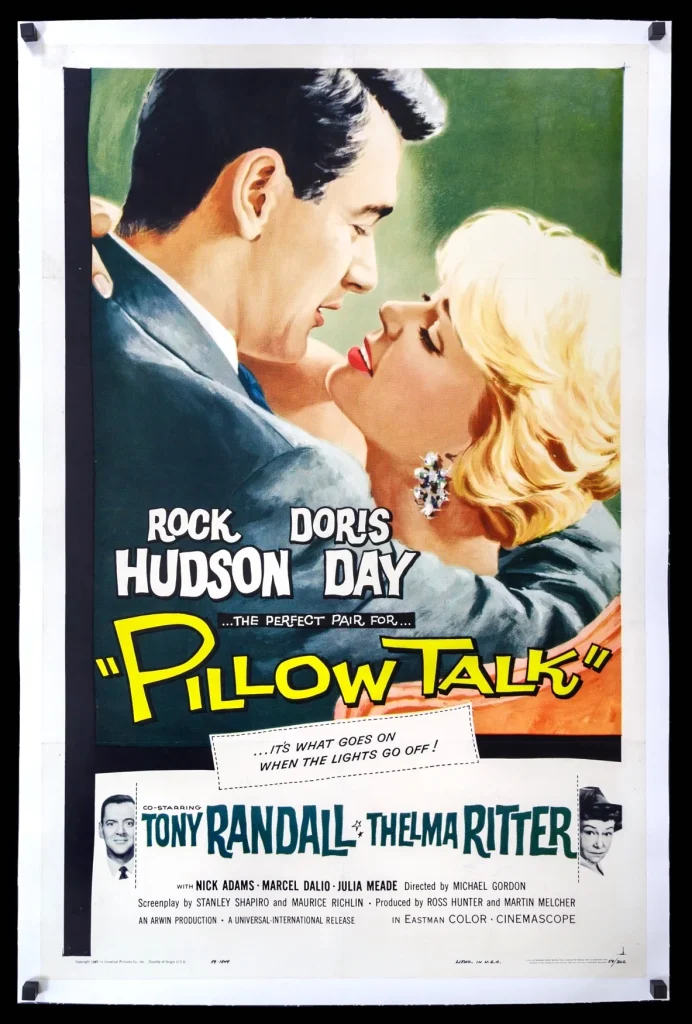

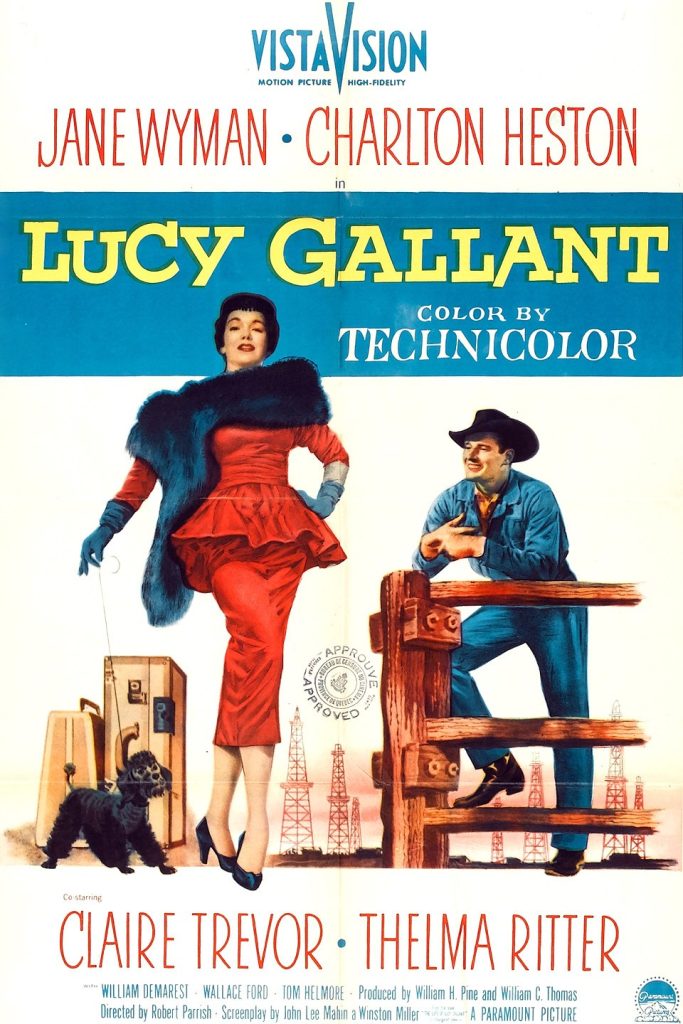


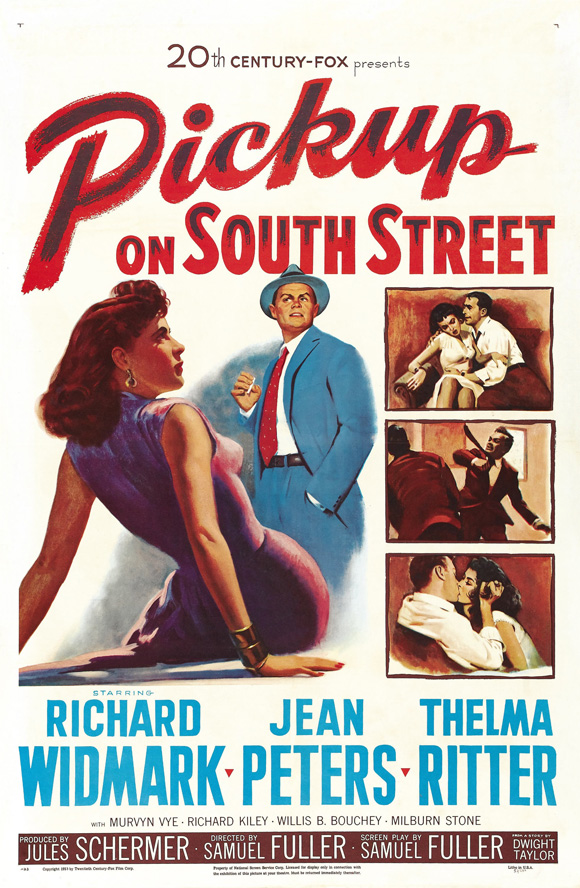
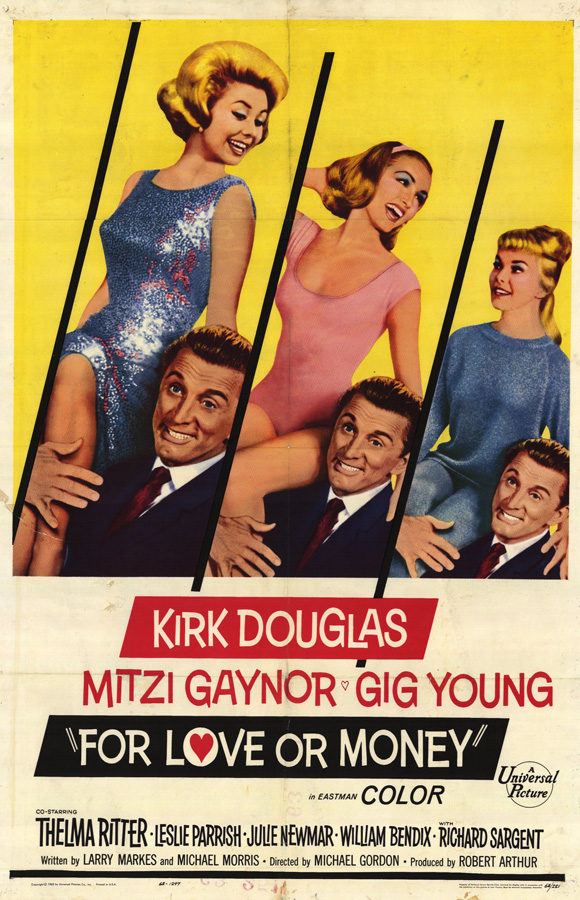



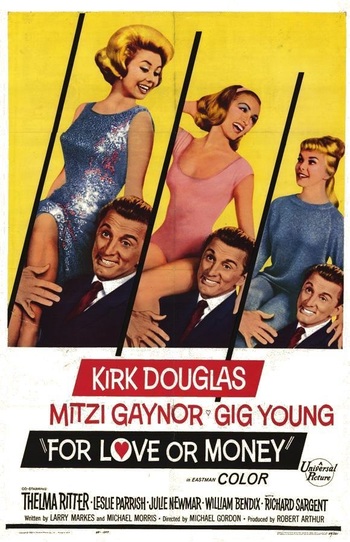
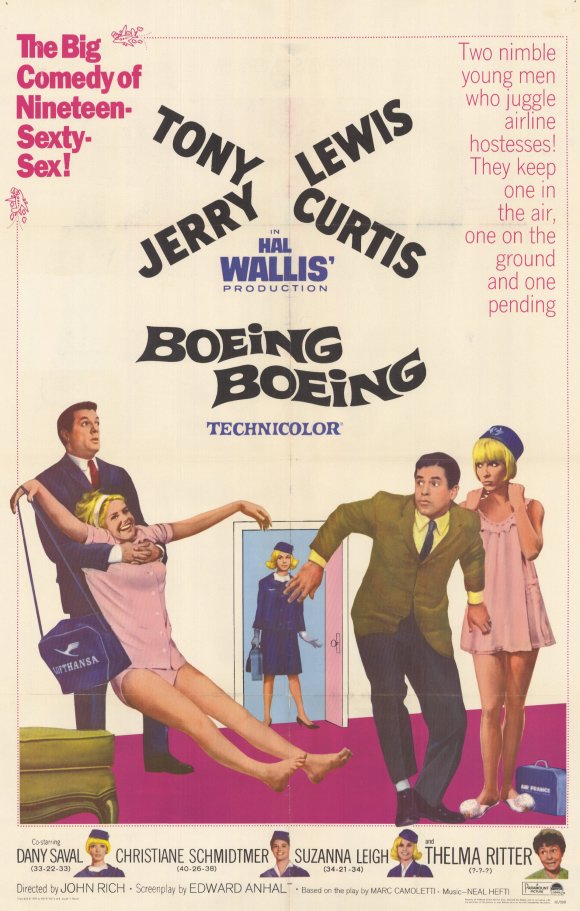
TCM Overview:
With her salty humor, crackling New York accent and seen-it-all demeanor, Thelma Ritter was one of the most accomplished and dependable character actresses in American film.
Throughout a 21-year screen career she worked numerous variations on her standard character of a wry, salt-of-the-earth everywoman and was equally convincing as lowly maid or wealthy dowager. She performed particularly well with other actresses and was often cast as sidekick to a female star. Ritter was Oscar®-nominated six times as Best Supporting Actress but, in what seems a major injustice, never won the award itself.
Born in Brooklyn in 1902, Ritter trained at the American Academy of Dramatic Arts and acted in stock theater and radio and in small roles on the Broadway stage before taking a break from her career to raise two children by her husband, actor/

